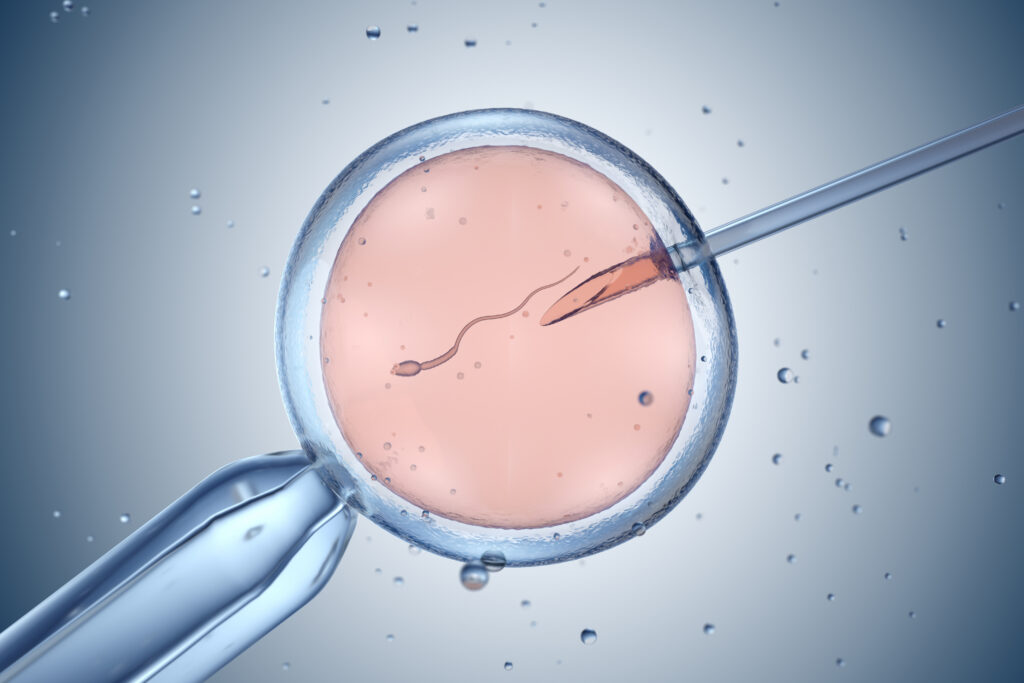The Democrats’ Misguided Demand for Taxpayer-Funded Abortion

Over the long decades of debate about legal abortion in the United States, there are only a few constants. One of them has been that the Congress will not compel the American people to finance abortions for the poor, federal employees, members of the military, beneficiaries of the Indian Health Service, and other public insurance programs. On a topic where agreement is extremely difficult to come by, the rejection of abortion funding has been the undisturbed rule for nearly half a century.
This is no time to disturb that concrete consensus. Today some two dozen provisions of law, affecting everything from the District of Columbia to federal employee health benefits, have created a wall of separation between the public treasury and the abortion trade. These provisions, which are collectively referred to as the Hyde family of amendments, have served a variety of policy functions as well as an annealing role on a contentious topic. The amendments have protected the conscience of a nation. They have been adopted and readopted in numerous sessions of Congress under liberal and conservative administrations alike.
Part of this consistency is a result of the pedigree of the amendments. In this fractious era, it is easily forgotten that opposition to abortion has strong roots in the history of both political parties. For Republicans like Henry Hyde of Illinois, abortion was an execrable assault upon an innocent child, a vulnerable human being who should be welcomed and protected. For Democrats at the time of the amendments’ adoption and long thereafter, abortion was an outrage committed by the powerful against the weak.
One early vote on the Hyde Amendment, in 1976, saw it pass with 107 votes coming from House Democrats. On September 30, 1976, an even larger number – 247 Democrats – voted to override a veto by Gerald Ford, choosing to put the measure’s funding of social services ahead of the concerns of some that the bill included the Hyde abortion funding limitation.
Championed with towering eloquence by the Lincolnesque Hyde of Illinois, the amendment endured as much because of Democratic champions like House Appropriations Committee chairman Bill Natcher of Kentucky, who told me once that he thought the original Hyde Amendment language was too liberal. A Washington Post profile of Natcher in 1991 noted that “abortion advocates wince at his name” because he would never allow abortion funding in annual spending bills.
This Democratic-Republican partnership endured into the Clinton Administration. As Governor of Arkansas, Bill Clinton had declared his support for restrictions on public financing of abortion. As a member of Congress, from 1977 to 1986, first as a member of the House then initially as a U.S. Senator, Al Gore voted for the Hyde Amendment as applied to Medicaid, federal prisons, and the District of Columbia. Just before winning election to the Senate, Gore voted to amend the 1984 Civil Rights Act to declare an “unborn child” a “person” at conception.
By 1993 both men had reversed their stances and abortion advocates were hopeful they could repeal Hyde. But when the vote came in June 1993 the advocates were sorely disappointed. Chairman Natcher and pro-life Democrats like Harold Volkmer of Missouri, as well as 11 pro-choice women legislators, joined forces to extend the Hyde Amendment. The law was not seriously challenged again during Clinton’s terms, and efforts to repeal it since then have been sporadic and ineffective.
Why is the amendment different from other issues these days where bipartisan ground is as welcome as a Superfund site? The most powerful arguments beyond those revolving around a mutual valuation of conscience, and pragmatic recognition that the abortion industry and its allies are enormously wealthy, is the sheer impact of the amendment, a topic on which both sides have agreed: The amendment saves lives. That is, abortions will increase if they are publicly financed. Babies are born, not aborted, if their deaths are not billed to the taxpayer.
A running tabulation of the effect of the Hyde Amendment by Michael New, Ph.D., calculates that the Hyde Amendment has saved the lives of over 2.5 million of our fellow Americans. The ACLU, Planned Parenthood, and their allies in the population control community dismiss these numbers as disparate impact on the poor. Pro-life voices basically agree, but they see the value of these lives with a radical difference. As Hyde himself put it in one of his closing, and clinching, speeches in defense of his law, “Think about the other party to the abortion decision, the unborn. That child who might write the book. The child who might compose the symphony. The child who might discover the cure.”
The Hyde Amendment bids us do such thinking, and to value as well the child who might fix our cars, serve us a hamburger, or replace a roof. It is a clause for conscience, an investment in life, a pact with hope and a future. Congress should not only reject repeal of the Amendment in all its forms, but it should also make them permanent. No better way exists to turn the corner on the half century of devastation wreaked by Roe v. Wade.
Charles A. “Chuck” Donovan is president of Charlotte Lozier Institute.


























